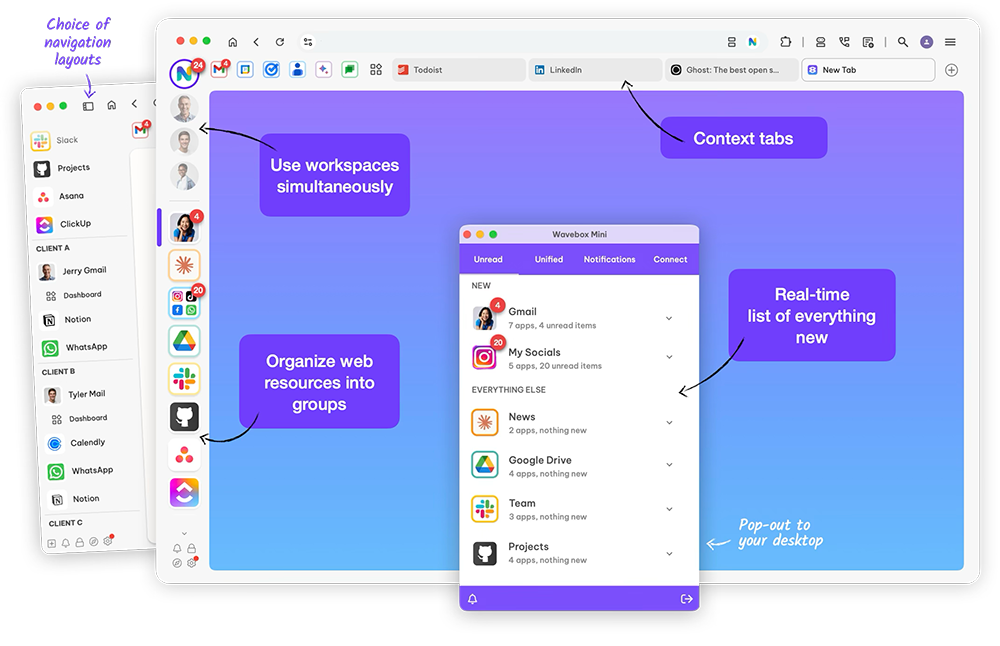If you are operating a business selling telecommunications, broadcasting&electronic services (including online) and you supply to counties in the EU then the following changes in EU tax rules that came into effect from January 2015 will affect you. Make sure you have updated your business practices / billing in line with the below:-
New rules from 2015
If you are operating a business sellling telecommunications, broadcasting & electronic services (including online) and you supply to counties in the EU then the following changes in EU tax rules that come into effect from January 2015 will affect you. Make sure you update your business practices / billing in line with the below:-
New rules from 2015
| From 1 January 2015, telecommunications, broadcasting and electronic services will
always be taxed in the country where the customer belongs*
– regardless of whether the customer is a business or consumer
– regardless of whether the supplier based in the EU or outside
* For a business (taxable person) = either the country where it is registered or the country where it has fixed premises receiving the service.
* For a consumer (non-taxable person) = the country where they are registered, have their permanent address or usually live.
For the definition of ‘electronic services’ see the Explanatory Notes below, in particular under points 1.3; 2.3.3; and 2.4.3.
|
The effects of this are as follows:
EU BUSINESSES supplying:
| 1. Business in another EU country |
No VAT charged.Customer must account for the tax (reverse-charge mechanism). |
| 2. Consumer in another EU country |
Must charge VAT in the EU country where the customer belongs (not where the business is based). |
|
3. Business or consumer outside the EU
|
No EU VAT charged.
But if the service is effectively used & enjoyed in an EU country, that country
can decide to levy VAT.
|
NON-EU BUSINESSES supplying:
| 1. Business in the EU |
No VAT charged.Customer must account for the tax (reverse-charge mechanism). |
|
2. Consumer in the EU (telecoms, broadcasting or electronic services) |
Must charge VAT in the EU country where the customer belongs. |
You can view the full communication from the European Commission 'Taxation and Customs Union' for more information and full guides and explanatory notes










Join in the Discussion